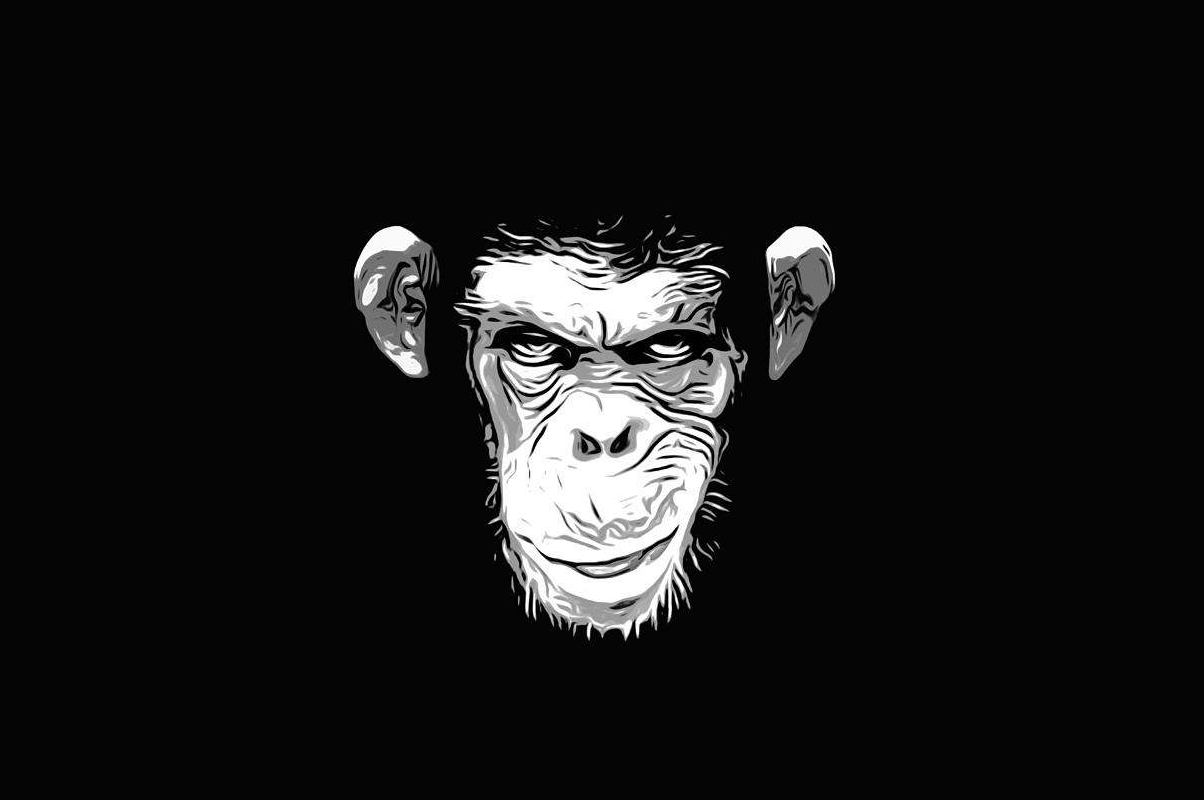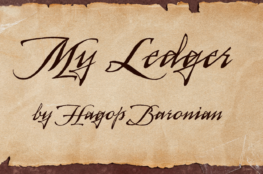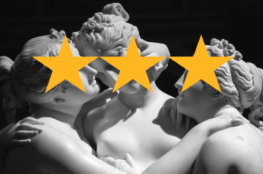Original text in Armenian: http://www.lerkamsar.com/default.html
We’re a surprising race: first we starve our writers to death, only then do we start celebrating them.
I know there will come a time when you will praise and laud me, but sadly, I’ll be dead by then.
I’m a deductive birth: whereas others at the end of their lives say “vanity of vanities” after living a long life, I said it at birth. [1]
If anyone else was in my shoes, they wouldn’t continue living, but I lived on just to find out just how vain life really was.
Eh, it’s obvious that someone born into this world the way I was, I would relate to life experiences this way.
I’ve never felt the desire for an education, and I was forcibly sent to school to learn nothing at all.
I never understood: why do I have to get married to someone to love them? Or, why I should grow old with one woman and not with all the women in the world?
I never understood religion. Why do people address their prayers to the sky in hopes of entering heaven? What’s the point of continuing a pointless life? If idiocy is dragged out for long enough, does it become wisdom?
If in paradise the good are going to perch on trees of incense and only give praise to God, why would you have to die to do that, spend all that money on a funeral, be buried, just to be resurrected again?
Do you want to praise something without subjecting yourself to that rigmarole? Come to the Soviet Union, praise Lenin, and start living in a newly made building, provided with clean rooms, a kitchen, and a bathroom.
Why prefer an incense tree with no modern conveniences, from which, if you doze off one day, you’ll fall down and who knows what happen.
I never got it: what is “the equality of mankind”? Tailors cut and make the thread equal to the eye of the needle they’re going to stick it in, but where do the Socialists want to stick mankind once they’ve made them equal?
And to preach “brotherhood” when brothers from the same mother fall out, no longer speak to each, and become strangers, is to ascend to next level of idiocy.
After all this, I advise you not to search my life for any meaning. I’m a doodle on a piece of paper that doesn’t exist.
I’ve often thought about writing my biography, but I’ve found it impossible.
To write a biography means to relive the life you’ve lived, but my life is not the kind that you could live twice. The days of my life are consecutive days of torture, with a dozen near death experiences. What guarantee do I have that in a reliving of it, any one of these wouldn’t kill me this time?
I’m not thrilled about having lived this one life of mine. If it was up to me, I would’ve lived a quarter of it, and that much so that I could die having formed a faint idea of life.
Of these 70 years of mine, only 35 years were mine, roughly half only. The remaining half didn’t belong to me, but rather to the Soviet government, which has done whatever it’s wanted to me.
Having led life of a monkey that has lived its entire life confined to a cramped cage at the zoo, I’m able to form an idea of the unique qualities of monkeys, and have something to contribute to a zoology textbook. A monkey who spends all day masturbating and, with its eyes on the cage door, waits for its daily fodder.
Can we have any idea of a lion’s magnanimity when, in its ferocity, it slams against the bars from the inside of its cage?
And that’s exactly me in the second half of my life.
Can I be intelligent when it’s not allowed for me to use my brain? How big must my heart be that alongside the hatred the Bolshevik tyrants deserve, there is still some room in my heart to love anyone whatsoever? Or, have I ever eaten what I wanted to eat that I should speak of my own taste? How can I be brave when my hands are placed behind my back and chained?
No, I can’t write my life story. Those who are interested in me I say to them:
–I have no information on myself. Ask the Soviet government.
Footnotes
[1] Famous first words from the book of Ecclesiastes describing the emptiness of life. By “deductive birth” he means to say he started at the end, as one starts with a deductive argument which starts from a general statement and only then proceeds to specifics. Thus he started from the premise that life is vain and then gathered proof of it during life experiences, as opposed to first gathering experiences and only then concluding that life is vain.




